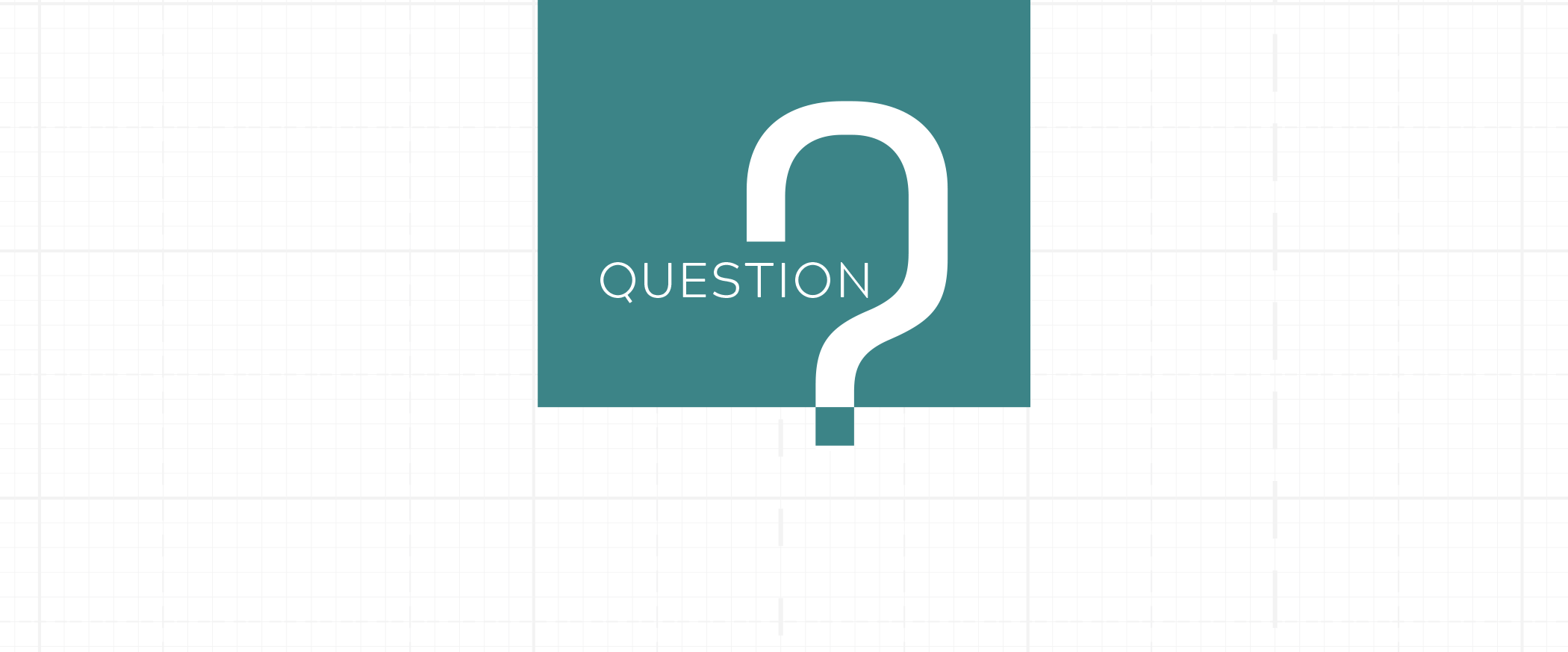POWER DOWN TO REBOOT
POWER DOWN TO REBOOT
by Brendan Coffey

Your devices may seem like a fun extension of your social life, but unchecked, continuous connectivity can become an intrusion, upsetting the work-life balance and negatively influencing your personal health and relationships.
William Becker, associate professor of management for the Pamplin College of Business in Northern Virginia, recently completed his third study on the negative health impacts of “after-hours” email.
How common is the problem of “after-hours” emails?
“I think it’s becoming a bigger and bigger issue. This is now our third study, with a survey of over 4,000 people, and negative effects have been identified across all studies. It really affects all kinds of industries. It affects genders equally, older, younger workers—it’s a common problem the world is struggling with.”
Do you think it’s possible to reverse the trend?
“You can’t put the genie back in the bottle, but what our research suggests is that you can find ways to minimize the negative impacts, especially for work-related emails. In our personal lives, email becomes an extension of the connection to Snapchat, Instagram, Facebook, but email is fundamentally different. Whenever you look at your work email, your brain actually shifts over to work mode. If you continue to check your email, you get stuck in work mode, and your work self isn’t necessarily the best you. Your work self is usually much more competitive and serious, and it keeps you from enjoying your off-work time.”
What would the possible solutions look like?
“We think that the real solutions will come from leaders, at all levels, recognizing the problem and setting the example themselves: disconnecting and not sending emails at all hours during the night.”
What can an affected employee do to manage this issue?
“If you are a struggling employee, you have to recognize that you need time, especially when you’re in a relationship, to just focus on that other person. Mindfulness adds emphasis to that time. We’ve all been with someone who at dinner is constantly checking their phone–you know they’re not present.
“Initiate discussions with your supervisor not only about the requirements of your position, but also ask for feedback on how to recuperate and disengage from work. Most supervisors want you to be responsive, but they don’t want you to be constantly checking in either. We may overestimate their expectations.”
The disconnect: Learn more about William Becker’s email research.
Brendan Coffey, a junior majoring in multimedia journalism, is an intern with Virginia Tech Magazine.
